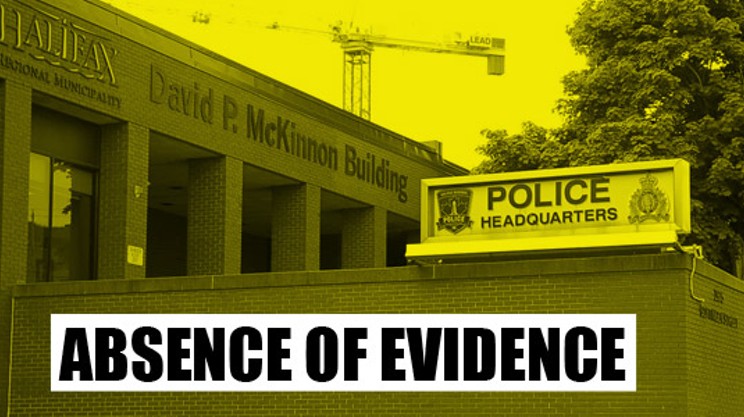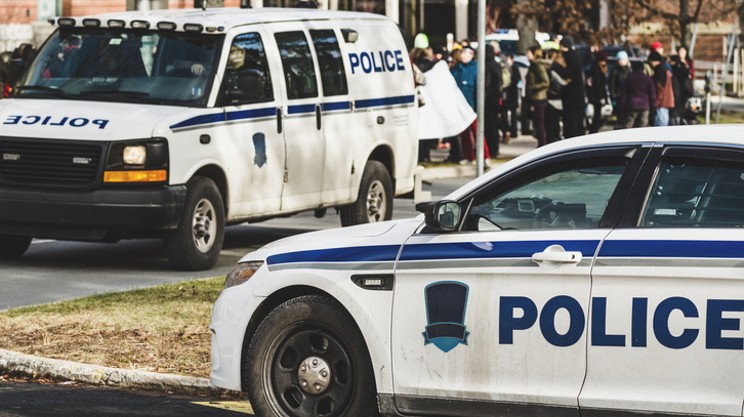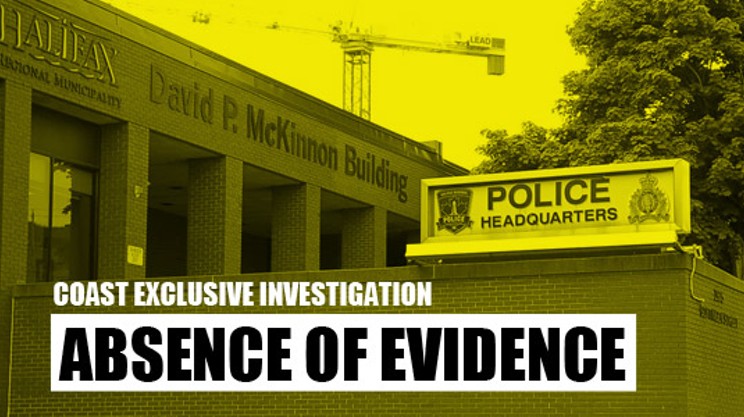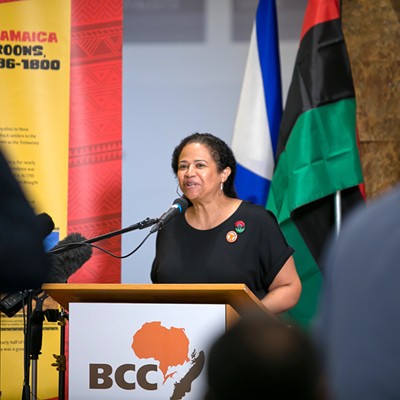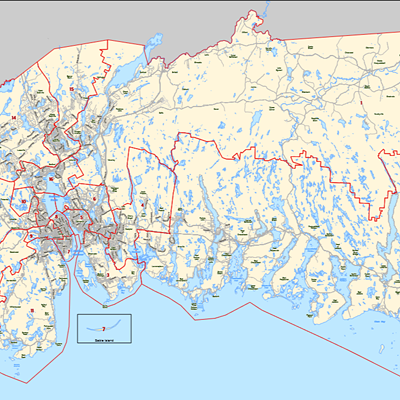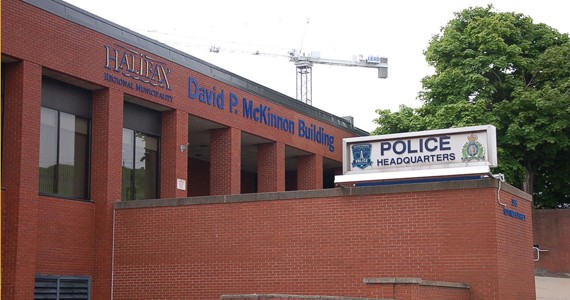
Halifax’s Board of Police Commissioners has failed “for the past 10 years” in its legislated requirement to provide civilian oversight to the police department.
That was the conclusion of a governance report brought to Monday’s board of commissioners meeting, which set the table for a radical departure in how police services will be managed by city hall.Monday’s agenda was the busiest the board’s seen all year, featuring several motions to have Halifax Regional Police (HRP) start presenting previously unreported information at future meetings.
Those items include: quarterly financials; performance plans; detailed budget figures; disciplinary updates from the Serious Incident Response Team and police review board; and any matters discussed at what will now be regular meetings between the board’s chair, vice-chair and executives from HRP and the RCMP.
The upheaval in the standard operating procedures comes along with some new commissioners in city councillors Tony Mancini and Waye Mason, lead by newly sworn-in chair and deputy mayor Steve Craig.
“A businessman, a policy wonk and a guy who gets stuff done,” as Craig describes the trio.
It was Mason (the “policy wonk”) who asked for a report on Monday about adopting 2015’s “Draft Orientation and Policy Manual.” The motion was born out of a scathing governance report compiled by former commissioners Fred Honsberger and Mike Moreash.
According to that lengthy report (available here), the Halifax Board of Police Commissioners (HBPC) recognized over three years ago that its legislated accountabilities were not being met. A “feeling of drift” was felt by all commissioners. That lack of focus lead to the creation of the new policy manual in February of 2015, which was designed as a guide to the commission’s rules and responsibilities.
Despite agreement from HBPC members to discuss the manual at a future meeting, Moreash and Honsberger write that it was “sent to legal services for review” a month later by new chair Linda Mosher (the former councillor having taken over from Moreash) “without discussion” by the board.
“Those documents, in fact, did not resurface,” reads the governance report. “They had in effect been ‘shelved’ resulting in a return to the old ways. The question was—Why?”
Mosher disputes that account. Reached via direct message on Twitter, the former councillor for Halifax West Armdale says the matter was recorded and discussed in camera before being voted on by the entire board.
“There were concerns by the board as to whether the proposed manual was in accordance with the law,” Mosher writes to The Coast. “Every member of the former Board of Police Commissioners had a copy of their manual and no member of the board was prepared to do anything further with it. It was the opinion of two individuals and nothing more.”
The minutes from that March 9 meeting suggest the legal review was already underway by the time the board heard about it, though the board did unanimously move to delay any further discussion on the plan until hearing back from HRM’s solicitor.
The delayed legal review eventually spurred Moreash and Honsberger to take on a lengthy research project looking at the history of the police commission and its effectiveness. They ultimately concluded that the board of commissioners is not providing police governance oversight consistent with the provincial Police Act.
“The board has no policy of its own, provides no policy to police, approves no existing police policy and does not assess police compliance with policy,” reads the report.
“A new structural framework for police board governance in Halifax is required.”
Speaking after yesterday’s meeting, councillor Mason couldn’t say why the apparently obvious structural deficiencies were only being addressed now.
“I wasn't on the commission before, so I can't really comment on that. But I know how I think boards and commissions should be run and I intend to do that until they bring me down,” said Mason, who predicts more motions will be coming in the new year to tighten up the police board’s operation.
“I expect that you will see a radical departure from the way it was run in the past.”
“The board has no policy of its own, provides no policy to police, approves no existing police policy and does not assess police compliance with policy.”
tweet this
Police chief Jean-Michel Blais says he’s looking forward to seeing the results of those changes.
“I've always looked to the board to help us be more effective, and be more efficient in how we deliver policing services,” said Blais. “If it means it takes a bit longer for us to have a discussion, better that than having a rubber stamp.”
For more than a decade the police board’s monthly meetings have largely consisted of two-hour lunchtime presentations of dashboard reports and quarterly crime stats peppered with the occasional questions from commissioners. There are no significant discussions, agenda development, follow-ups, subcommittee activity or annual planning, write Moreash and Honsberger. Those failings are made worse by a lack of training, extended board vacancies, the high turnover of commissioners and “a disturbing lack of corporate memory.”
As a result, the police department has been left without civilian guidance and the board of commissioners has been left in the dark about police operations—most notably this past summer, when board members first heard about a staggering failure in police evidence control from The Coast.
The board is also, well, kind of spineless according to Moreash and Honsburger. It’s the only organization with authority over HRM police, but it’s often ignored and viewed “as a distant third party” compared to Regional Council or the CAO’s office. Board members passively accept this arrangement by not asserting otherwise, concludes the governance report.
“This situation can only be changed if the board asserts itself and earns the respect of others by understanding and assuming its legislated oversight accountabilities.”
Which brings us back to Monday afternoon, when Waye Mason’s motion for the police department to report back on new guidelines for its civilian overseers was met with apprehension.
Legal services wasn’t sure the board had authority to make that request. Even if it did, the police chief was reluctant to be the one writing the rules on how he should be managed.
Mason claimed those sort of circular discussions on authority have been handcuffing the board’s decision making. But it was Craig who cut through the Gordian knot of bureaucracy by telling the other commissioners that if anyone has a problem with the motion they should come back with a report explicitly saying as much.
“Unless it’s appealed and brought to the attorney general, this commission will decide what it wants to do,” said Craig.
“We've had these circular discussions ever since I've been around,” said the deputy mayor, who joined the board back in March. “From what I've read, they've been ongoing since ‘96 or so. Well, let's stop.”
Monday’s upheaval comes in tandem with a review into the board’s role and responsibilities asked for by council and currently being undertaken by city hall.
A separate item from Monday’s agenda on the creation of a foundation to direct money from the sale of HRP merchandise into community programming was postponed until the board’s next meeting in January.


